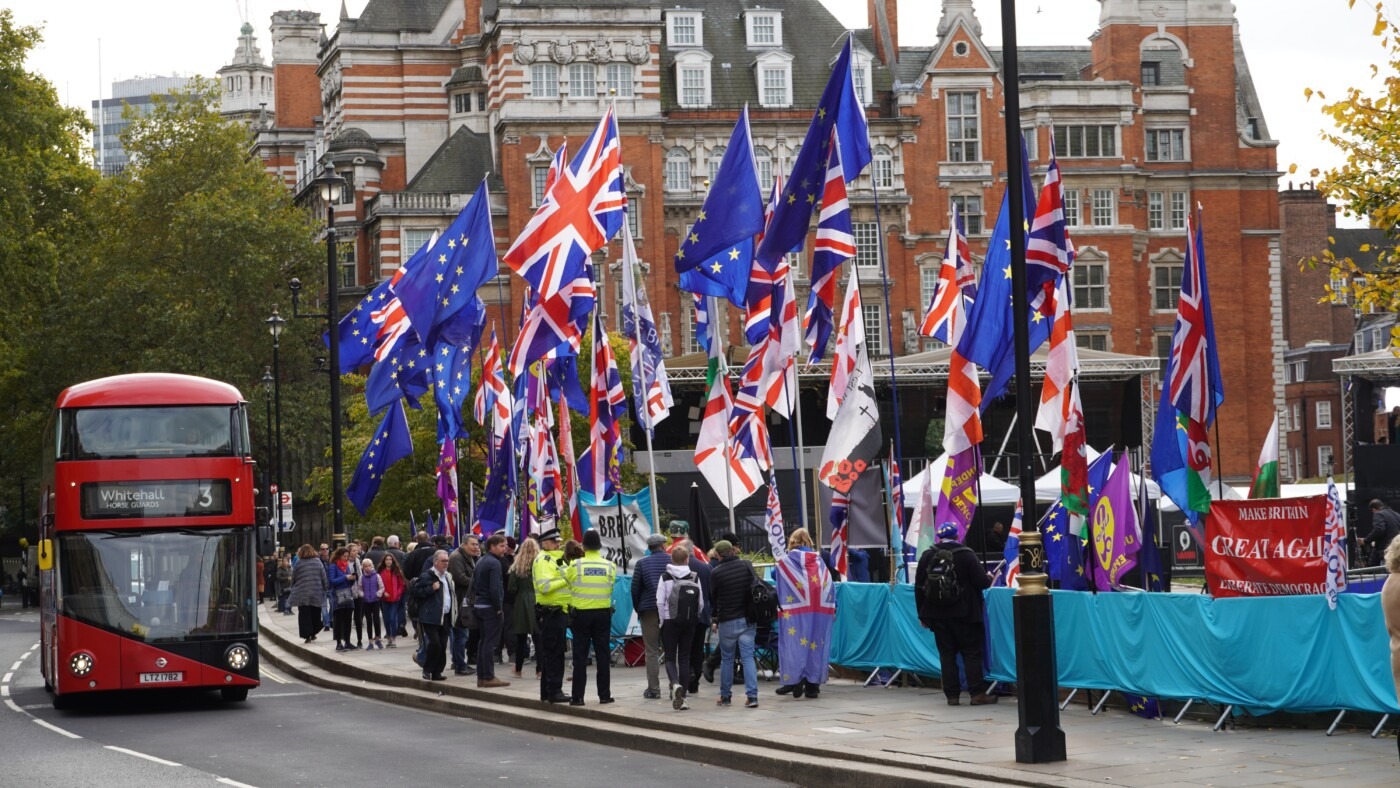Brexit Adds Almost £6 billion to Brits’ Food Bills
The average British household food bill increased by £210 between December 2019 and December 2021, according to a new report by the London School of Economics’ (LSE) Centre for Economic Performance (CEP). In this period, overall food prices have increased by £5.84bn, or 6%, as a direct result of Brexit.
This increase has hit Britain’s poorest families the hardest, with an overall 1.1% increase in cost-of-living due to these price hikes. This was 52% more than the richest 10% of households, which saw a 0.7% increase in prices. This is because earners with lower salaries spend a greater portion of their pay packet on food items, the prices of which have seen an overall increase of 16.5% in the last year, according to the Office of National Statistics
The CEP differentiated Brexit-related factors in the price increase from other supply disruptions, isolating non-tariff barriers (NTB) using data tracking the flow of trade and food prices between the European Union and the United Kingdom to decipher these price increases. The Report found that leaving the Union added customs checks, rules-of-origin requirements and sanitary measures for animal and plant product trades, creating friction in exchanges between exporters and importers. Traders have complained of lengthy customs processes as a result, with one merchant needing 71 pages of paperwork for a single lorry of fish.
Between 50-88% of these NTB costs have been paid by consumers in price rises. These vary between products according to how much their NTBs have increased due to Brexit, with meat items seeing considerably higher prices than vegetables and other seasonal produce.
Price rises occurred ‘immediately’ after the 2019 election when Boris Johnson’s hard Brexit policy was voted into government. While the NTB increases did not come into effect until Britain left the single market and customs union in January 2021, co-author of the CEP Report, Nikhil Datta, believes firms likely made ‘anticipatory’ changes before the exit. Britain has fallen significantly behind the G7 average in trade performance since the new EU-UK trade rules emerged.
The Report came just a day after the British Retail Consortium (BRC) trade body reported that UK food price inflation hit a record high of 12.4% in November 2022. On the same day as this BRC announcement, Bank of England chief economist Huw Pill claimed Brexit was partly to blame for Britain’s high inflation rate due to labour shortages, strengthening pricing pressure among firms – ultimately weakening the economy. Inflation currently stands more than five times target levels, at 11.1%, the country’s highest in 42 years. Co-author of the Report and Professor at Bristol University, Richard Davies, also believes the Brexit-induced price rises have contributed to the exceptionally high inflation rate.
The effects of Brexit have not been entirely adverse, as UK food producers have faced reduced competition, with 77% of British food imports coming from the EU in 2015, the year before the referendum. However, the Report noted: “The gains to domestic firms are outstripped by the loss to domestic consumers by more than £1bn. Additionally, unlike regular tariffs, NTBs do not generate any revenue for the government.”
Davies stated: “In leaving the EU, the UK swapped a deep trade relationship with few impediments to trade for one where a wide range of checks, forms and steps are required before goods can cross the border. Firms faced higher costs and passed most of these on to consumers.”
Fellow co-author Datta added: “The Policy implications are stark: non-tariff barriers are an important impediment to trade that should be a first-order concern, at least on a par with tariffs, for policymakers interested in consumer prices.”
A spokesman for the Government’s Department for International Trade insisted: “Our trade agreement with the EU is the world’s largest zero-tariff, zero quota deal, and by removing tariffs on £30bn of goods, we are cutting costs and reducing red tape.”
There is no obvious solution to limit the economic damage caused by Britain’s exit from the single market and customs union other than to rejoin it. If not, then as Datta suggests, the government must make greater efforts to reduce customs checks and paperwork, for example, by standardising sanitary measures, to lessen the friction in trade which is creating extra costs for firms, and in turn, British households.
From a consumer standpoint, the best way to evade price increases caused by Brexit is to purchase items with as few NTBs as possible, for example, by buying more plant-based alternatives to meat products.

Comments